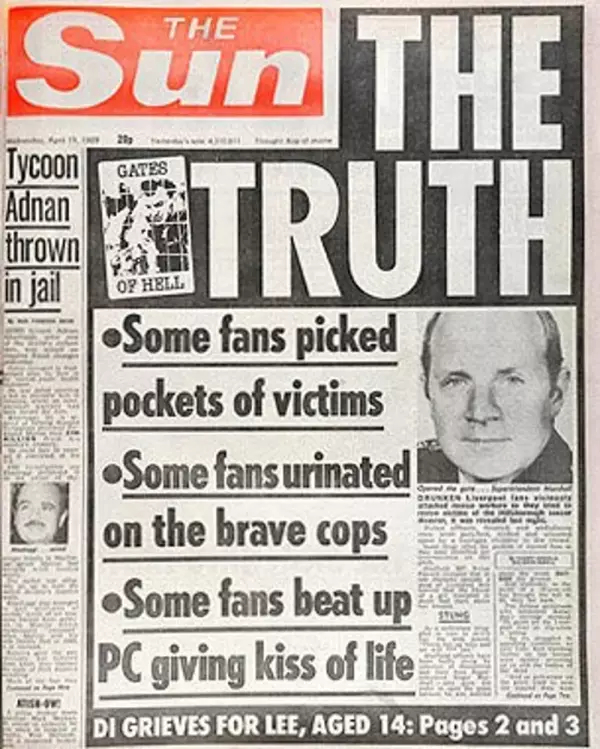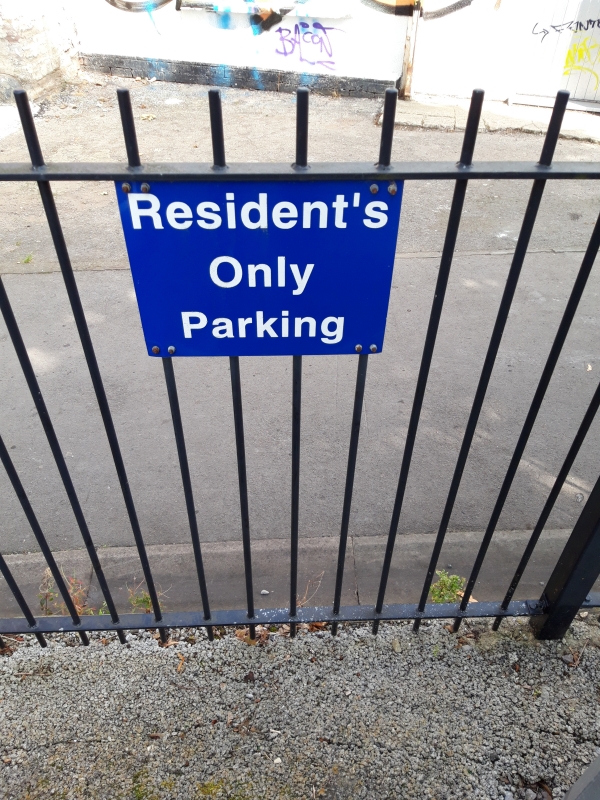Easton road unofficially renamed
On 11th October 1721 Bristol-born slave trader, insider share dealer, financier, religious bigot and former Tory MP for the city Edward Colston died at his home in Mortlake, then in Surrey, now in south west London.
In his will Eddie the Slaver left £50,000 for good causes in the city of Bristol, provided not one penny was spent on Catholics or non-conformists. This bequest formed the basis of the charitable works carried out to this day by the city’s secretive and elitist Society of Merchant Venturers.
In the late 19th century the Victorian fathers around the country – and they were all male and rich – were looking round for examples of former local worthies to commemorate. Bristol’s business and civic elite were no different in this respect from their counterparts elsewhere and chose this immoral man with blood on his hands for this philanthropy, even though we would now regard Colston’s wealth as blood money, i.e obtained at the expense of the life of others.
As memorials to his beneficence, a statue was erected to Colston in the city centre in 1895, whilst one of the city’s main entertainment venues was named after him, along with two city centre streets – Colston Street and Colston Avenue.
After the Colston statue was toppled last summer and then taken for an unscheduled bath in the city docks, the city council announced that both Colston Street and Colston Avenue would revert to the names they had for centuries – Steep Street and St. Augustine’s Back (or Bank) respectively – before they removed from the city’s street plan by the Cult of Colston.
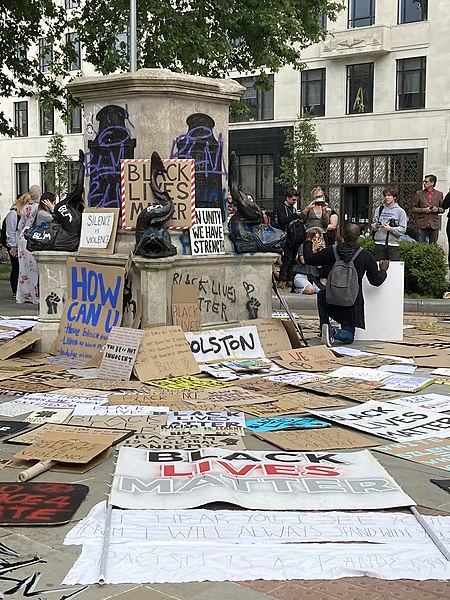
In the east Bristol district of Easton, which underwent major development and expansion in the late 19th century, one of the new streets was named Colston Road in pursuit of this devotion to his cult. Despite years of clamour by Easton residents for the area’s slaver trader memorial street to be renamed, nothing happened (despite the road in question being home to one serving and one former city councillor. Ed.),so locals have now taken matters into their own hands.
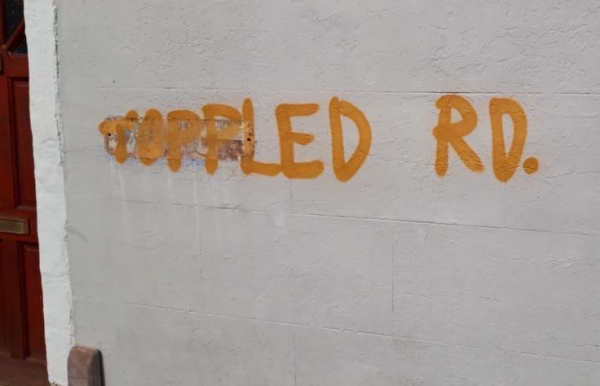
Your ‘umble scribe has been in touch with serving Easton ward councillor Barry Parsons about the inordinate amount of time Bristol City Council is taking to rename Slaver’s Road BS5.
Barry has been in touch with the council’s Street Naming and Numbering Officer, who is responsible for the naming and renaming of streets within Bristol’s boundaries. The Council’s street renaming policy requires full written consent from the owners of every property affected for a change of name. If such consent is forthcoming, the council the initiates a formal notice period for the name change where notices are erected on the street and wider objections can be made to the courts.
Why are efforts to rename Easton’s Slaver’s Road taking so long? The answer could lie in the fact that the road has 130 residential properties, many of them in the hands of absentee landlords, so obtaining written consent from so many disparate persons is an onerous task. However, your correspondent understands that efforts are underway, probably with that lack of alacrity so typical of BBC, to lower the threshold to 80 per cent.
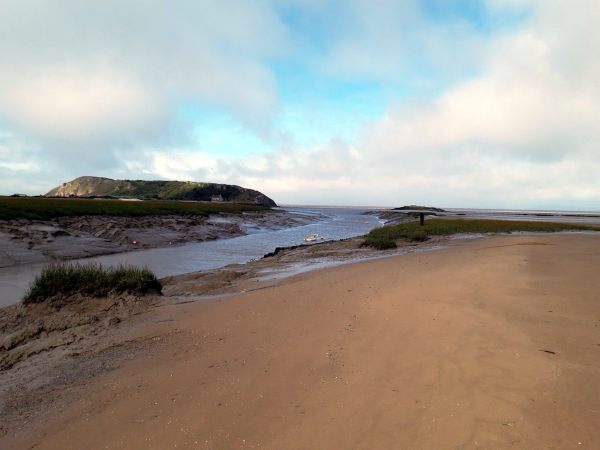
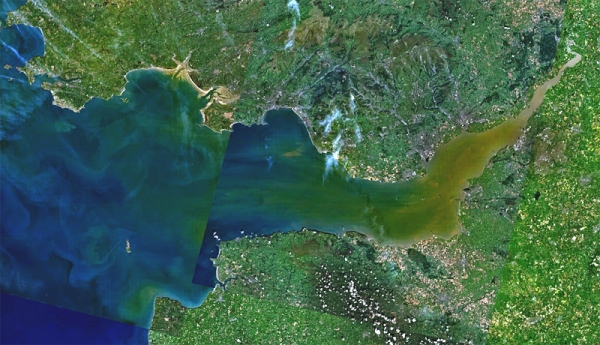
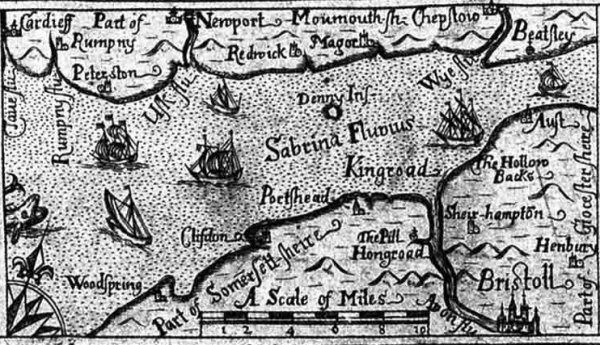
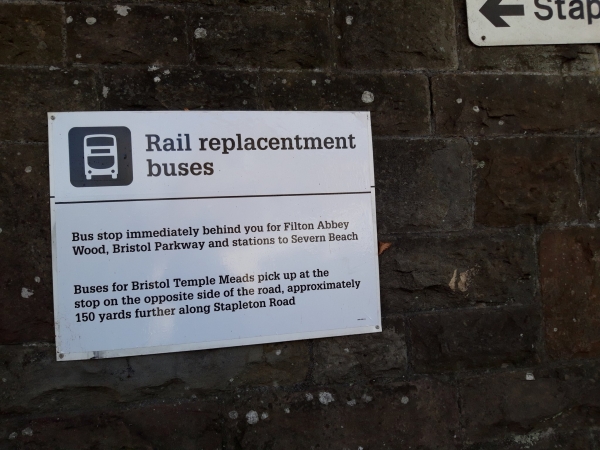


![Tweets read 1. My staff log onto my computer on my desk with my login everyday. Including interns on exchange programmes. For the officer on @BBCNews just now to claim that the computer on Greens [sic] desk was accessed and therefore it was Green is utterly preposterous You need a pass to get that and 2 Everyone who has my login has a security pass](http://xislblogs.xtreamlab.net/slwoods/wp-content/uploads//sites/23/2021/09/dorries_security.png)
